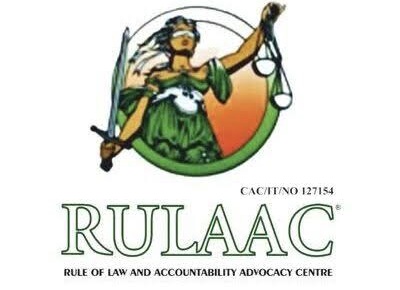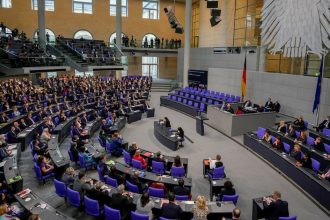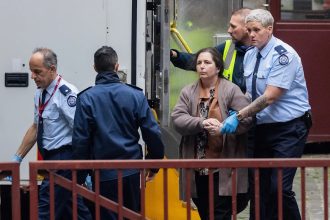The Rule of Law and Accountability Advocacy Centre has called for an end to arbitrary arrests, intimidation, torture, and harassment of journalists, activists, students, and citizens by state and non-state actors in the South East.
The call was contained in a communiqué issued at the end of a dialogue session with the theme, “Voices Unchained: A Journey Through Civic Space in Southeast Nigeria” held in Awka.
The dialogue created a platform for participants to reflect on the state of civic freedoms in the region and to share personal testimonies of abuse, to chart a path forward.
The communiqué was made available on Sunday in Akwa, and signed by Prof. Jaja Nwanegbo (Chairman), Onyinyechi Nwosu (for CSOs), Ofoma Kenechukwu (for Media), Chukwuemeka Okite (for Lawyers), Glory Okolie (for Community), Nneka Ikeh (for Women), and Egwuatu Uchenna (for Youths).
RULAAC expressed concern over the high-handedness of police and other security agencies, including the detention of suspects in non-designated facilities such as local government secretariats and vigilante offices.
The rights group also decried slow trials, corruption, denial of bail, and the overcrowding of custodial centres with young people arrested for petty offences.
“There is also the misuse of the Cybercrimes Act and other ambiguous laws to stifle online expression which is responsible for growing fear, self-censorship, and disillusionment among citizens.
“Mob justice and vigilante abuses, leading to extrajudicial killings, such as the Uratta incident in Imo where village youths tortured a 20-year-old boy to death over a missing power bank.
“We are concerned about suppression of student voices through imposition of unelected student union leaders in tertiary institutions and conspicuous silence of political leaders in Southeast on civic space violations,” it said.
RULAAC therefore recommended that federal and state governments should immediately halt the criminalisation of dissent and adopt policies that expand instead of constricting civic freedoms.
Stakeholders called on Security agencies to adopt rights-based policing, respect court orders while traditional and religious leaders use their influence to discourage mob violence but promote peaceful engagement.
“The judiciary should assert its independence and prioritise justice in rights-related cases.
“Civil society and media should sustain civic education campaigns and amplify the voices of victims of violations,” it said.
Participants at the event included civil society, academia, media, the legal community, security agencies, youths, religious leaders, community representatives and victims of rights violations.









